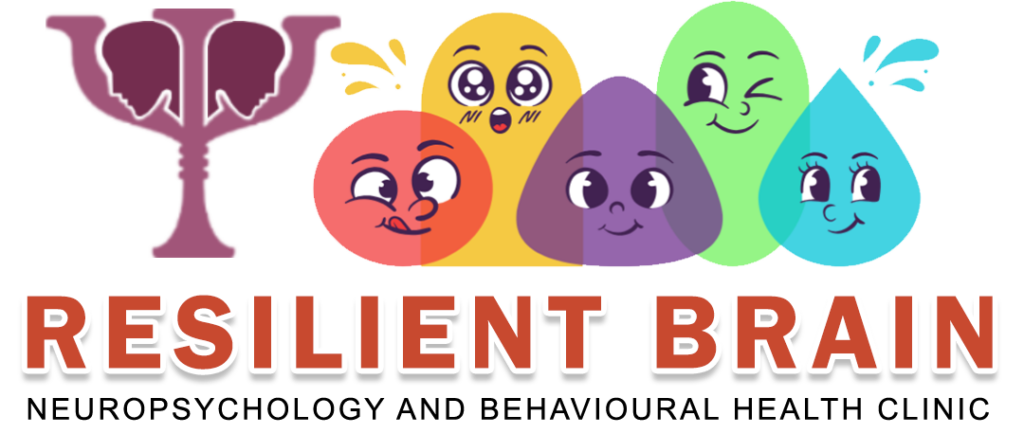Career Counseling

Career Counseling
Career counselors assist individuals in exploring career options and educational paths. If you’re looking for a job, partnering with a career counselor can guide you through the planning and decision-making process, helping you identify a career path that aligns with your needs.
Deciding on a career can be challenging. How can you determine which jobs are right for you? Is a specific profession a good fit for your personality, interests, and aspirations? High school students, college graduates, and adults considering a career change often grapple with these tough questions, and a career counselor can provide valuable support in finding the right answers.
Your Career Counselor WILL:
- Help you understand who you are and what you want from your education, career, and life.
- Provide a space for you to discuss your thoughts, ideas, feelings, and concerns about your career and educational choices, and assist you in organizing and making sense of them.
- Assist you in identifying the factors that influence your career development and in assessing your interests, abilities, and values.
- Help you find resources and information about different career options.
- Guide you in determining the next steps and developing a plan to achieve your goals.
signs that career counseling is right for you
1. You are about to take a career leap.
Starting a new phase in your career can be both exciting and overwhelming.
For example:
- Choosing a major can be enjoyable, but it’s important to consider which careers it will lead to.
- Graduating from college opens up many career options, but what if your desired career is unrelated to your degree?
- Changing careers can offer better work-life balance and fulfillment, but it may require new skills.
- Launching a business allows you to work on your terms, but it comes with financial risks.
If you’re facing a similar decision, a career counseling program can help boost your confidence and guide you through the process.
2. You want a more focused mentoring experience.
- Take group classes with other career seekers.
- Read books on professional development.
- Hire a mentor, such as a life coach or emotional intelligence coach.
- Master technical skills and gain experience in a specific career.
- Conduct informational interviews with professionals in your desired field.
3. You are making space in your life for counseling.
Choosing a career counseling program will likely require time, energy, and resources. If you’re ready to make this commitment, consider the following:
- Growth Mindset: Are you open to learning, receptive to feedback, and willing to embrace new perspectives?
- Budget: Are you prepared to allocate resources for your career development?
- Schedule: Do you have time available to focus on your career growth?

